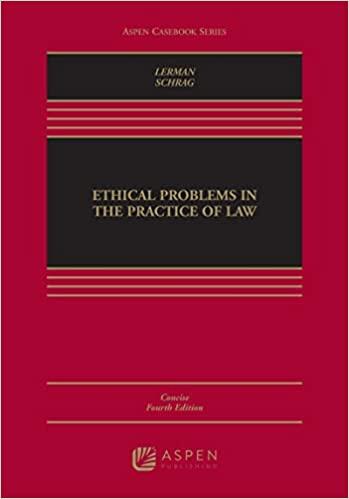Question
During the 2018 term,the United States Supreme Court (USSC)issued its decision in South Dakota v Wayfair . The decision gives states power to require merchants
During the 2018 term,the United States Supreme Court (USSC)issued its decision in South Dakota v Wayfair. The decision gives states power to require merchants to collect sales tax on internetsales even when the internetmerchant does not have a substantial presence in the state (overruling the court's earlier decision in Quill v. North Dakota). In its holding, the Court begins its discussion by reviewing commerce clause principals and how thoseprincipals apply to state tax issues.At the time of the decision, many felt that the decision would help states increase revenues and would also help brick and mortar stores be on equal footing with internetretailers. Others argued that the decision would be harmful for small to medium sized internetretailers. Do the same reasonings apply today in this Covid environment and how is the commerce clause implicated in state tax issues?
Step by Step Solution
There are 3 Steps involved in it
Step: 1

Get Instant Access to Expert-Tailored Solutions
See step-by-step solutions with expert insights and AI powered tools for academic success
Step: 2

Step: 3

Ace Your Homework with AI
Get the answers you need in no time with our AI-driven, step-by-step assistance
Get Started


